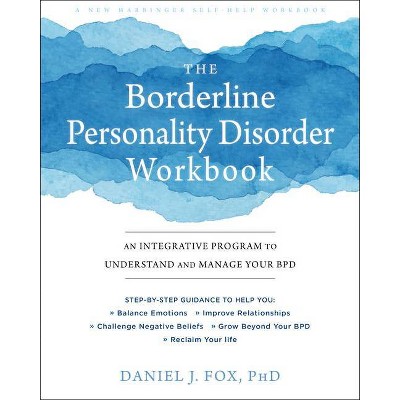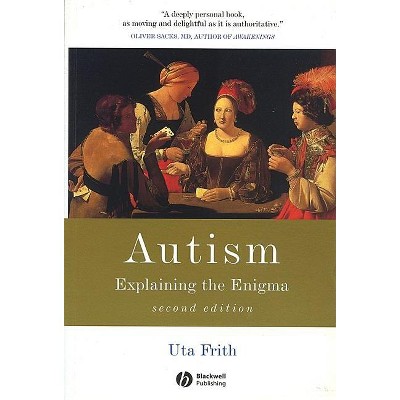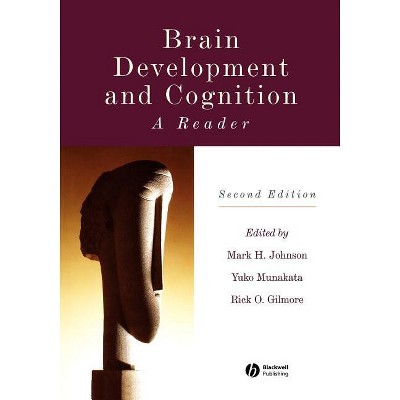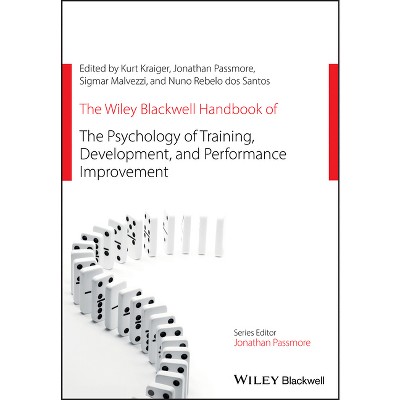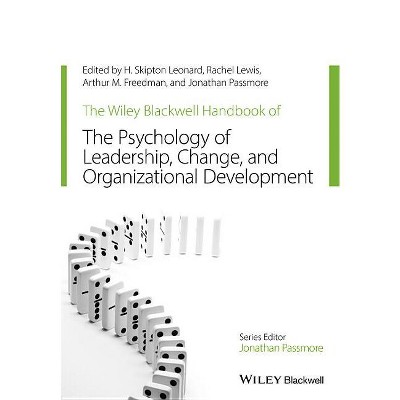Personal Persistence, Identity Development, and Suicide - (Monographs of the Society for Research in Child Development) (Paperback)

About this item
Highlights
- This Monograph demonstrates that disruptions to young people's developing conceptions of personal or cultural persistence begin to explain the suicide rates among Aboriginal Canadian and non-Aboriginal Canadian youth.
- About the Author: Michael J. Chandler is Distinguished CIHR/MSFHR Professor in Developmental Psychology at the University of British Columbia in Vancouver, Canada.
- 156 Pages
- Psychology, Suicide
- Series Name: Monographs of the Society for Research in Child Development
Description
Book Synopsis
This Monograph demonstrates that disruptions to young people's developing conceptions of personal or cultural persistence begin to explain the suicide rates among Aboriginal Canadian and non-Aboriginal Canadian youth.
- Presents a developmental and cross-cultural investigation into suicide among Aboriginal and non-Aboriginal Canadian youth.
- Links disruptions to developing conceptions of personal or cultural persistence with suicide rates
- Finds, through a series of normative studies, that Aboriginal Canadian and non-Aboriginal Canadian youth ordinarily follow distinctive pathways of identity development.
- Demonstrates that those who fail to own their personal past, and their as yet unrealized future, are at especially heightened risk of suicide, while those who live in communities making an effort to reclaim their cultural past, and to direct the future course of their civic lives, are at dramatically lower risk of suicide.
From the Back Cover
Why are young persons so over represented among those who choose to end their own lives? And why are these already elevated rates of suicide still higher among Aboriginal youth? The developmental and cross-cultural studies reported in this Monograph demonstrate that the beginnings of answers to these questions lie in disruptions to young people's developing conceptions of personal or cultural persistence. Grounded in a series of normative studies indicating that Aboriginal Canadian and non-Aboriginal Canadian youth ordinarily follow distinctive pathways of identity development. The findings reported demonstrate that those who fail to own their personal past, and their as yet unrealized future, are at especially heightened risk of suicide. At the level of whole communities, the efforts of Aboriginal groups to reclaim their cultural past and to direct the future course of their civic lives are similarly associated with dramatically lower youth suicide rates.About the Author
Michael J. Chandler is Distinguished CIHR/MSFHR Professor in Developmental Psychology at the University of British Columbia in Vancouver, Canada. His research centers on the study of young people's social-cognitive development, especially as such age-related changes bear on matters of interest to developmental psychopathologists and health professionals. Most recently his work has come to focus on cross-cultural comparisons of epistemic and identity development as these differently unfold in Canada's Aboriginal and culturally mainstream youth.Christopher E. Lalonde is an assistant professor in the Department of Psychology at the University of Victoria. His research interests include social-cognitive development in childhood and adolescence and the influence of culture on identity development and determinants of health.
Bryan W. Sokol is an assistant professor in the Department of Psychology at Simon Fraser University. In addition to his interests in identity development, Bryan's research includes the study of children's developing epistemic and moral reasoning.
Darcy Hallett is a Ph.D. candidate in Developmental Psychology at the University of British Columbia. In addition to the subject matter of this Monograph and to identity development in general, Darcy's research interests include epistemological development and children's understanding of mathematics.

